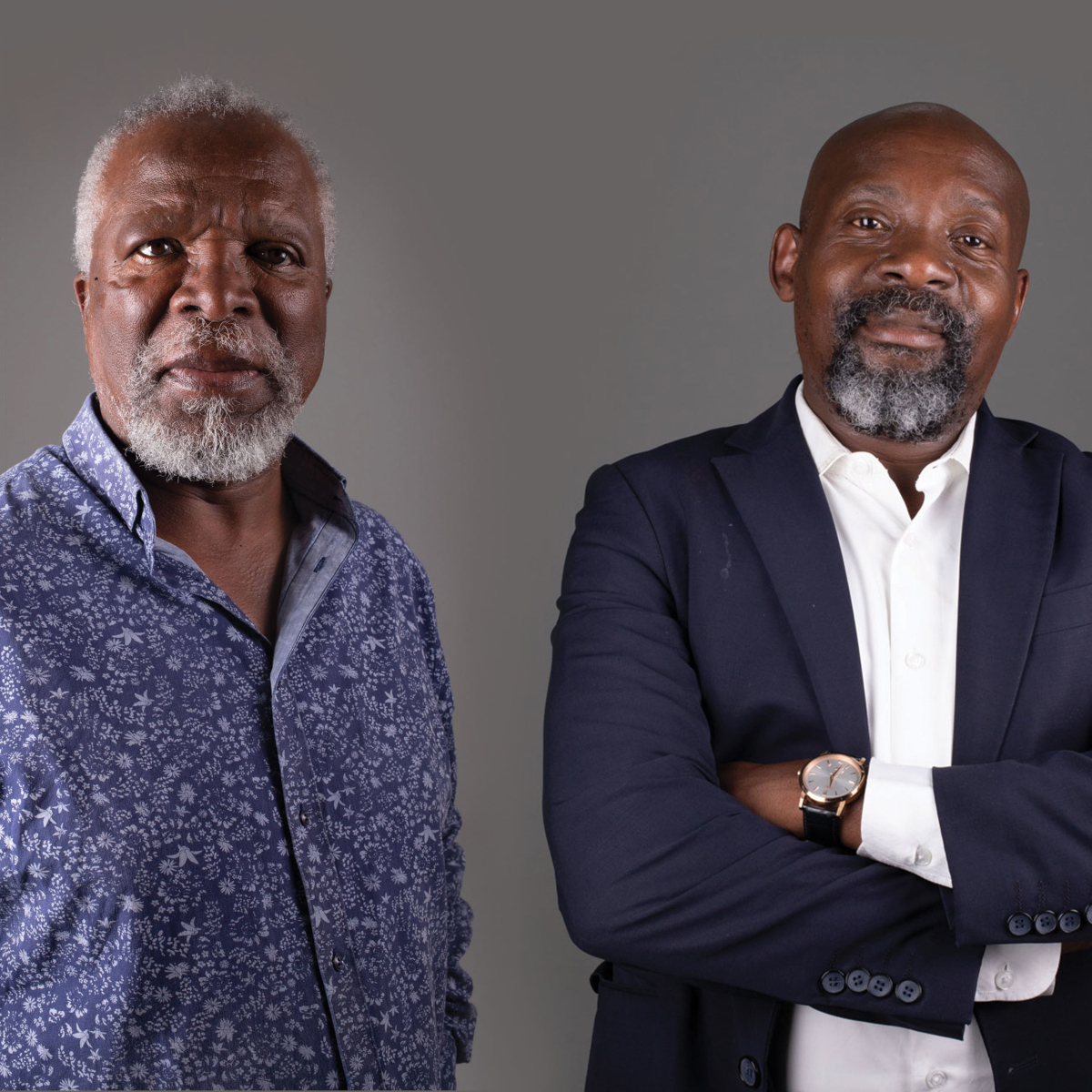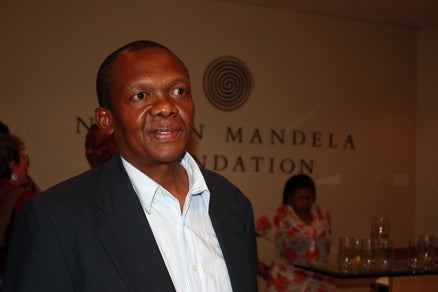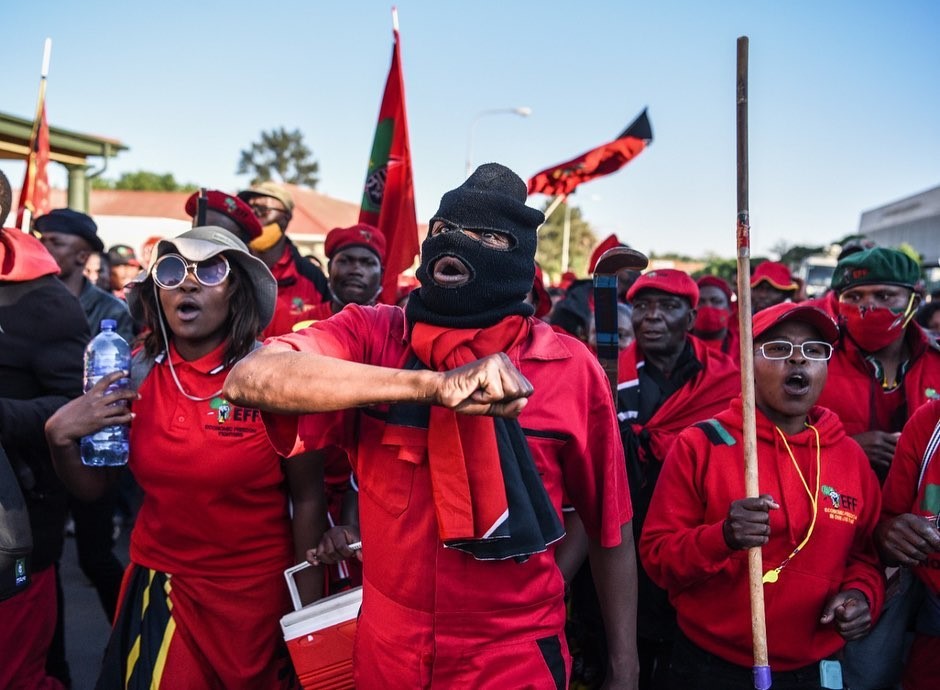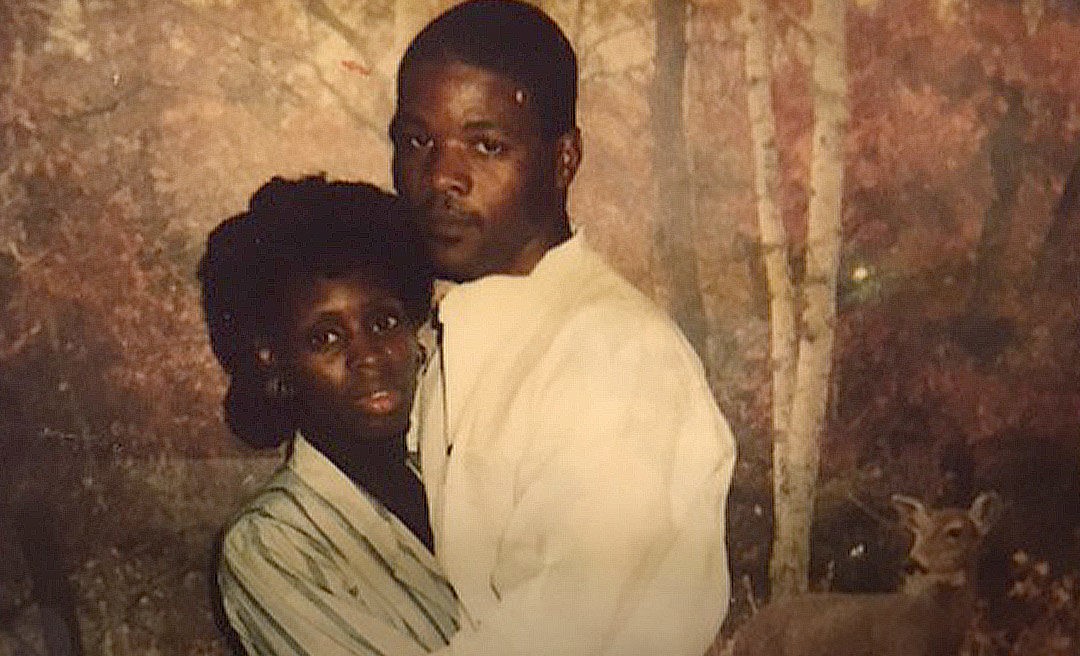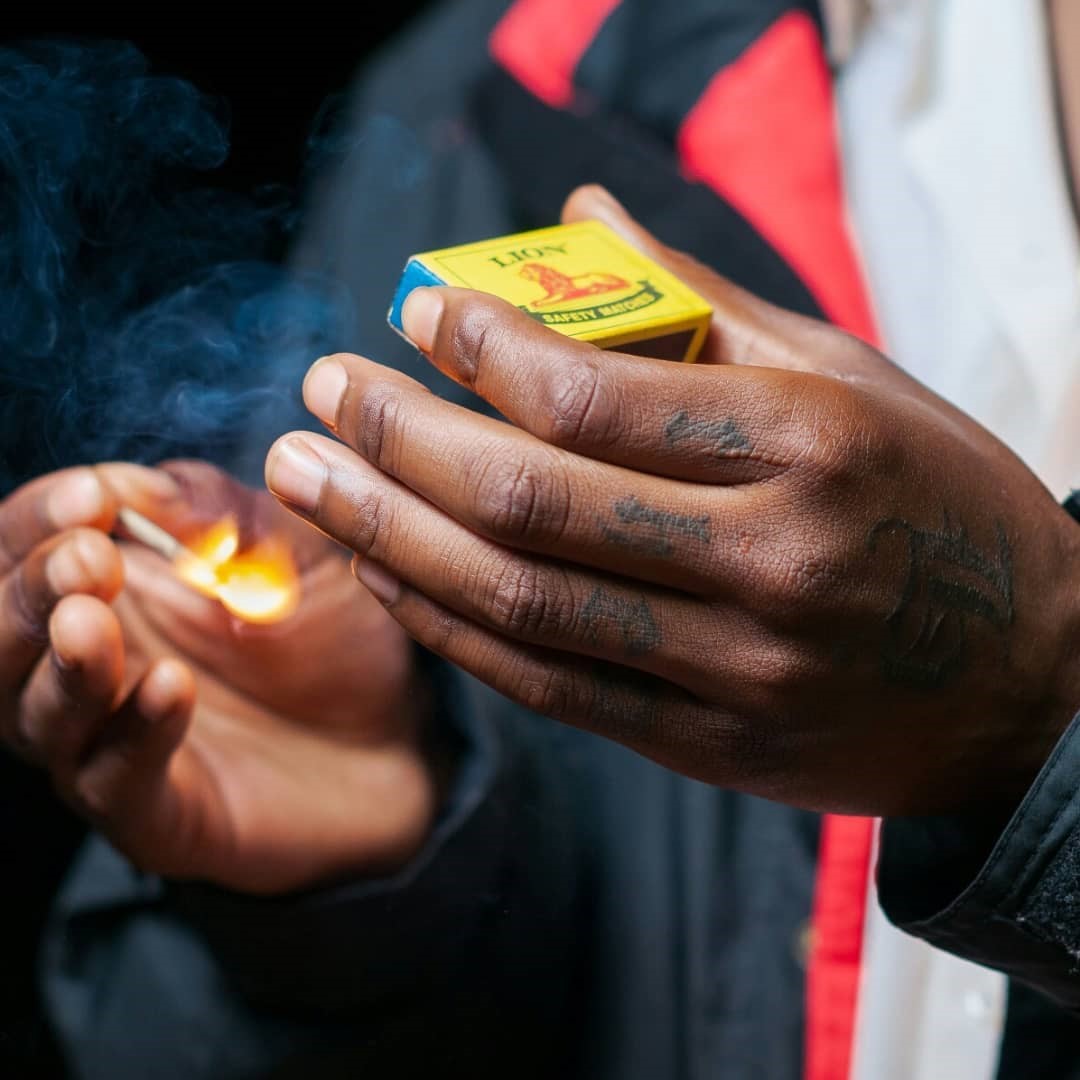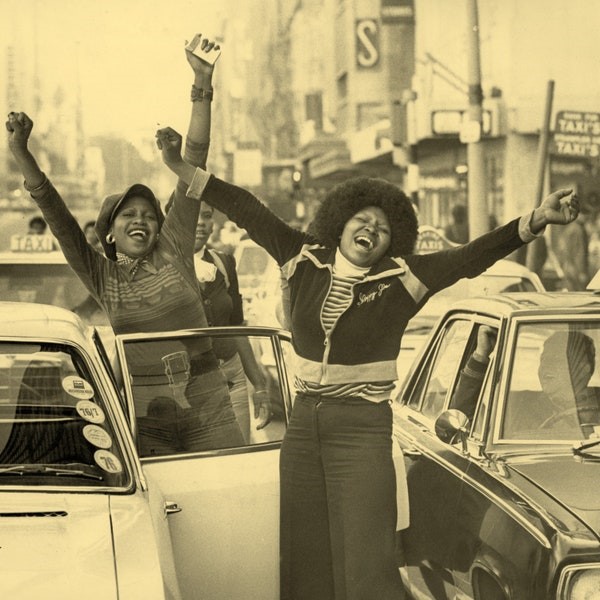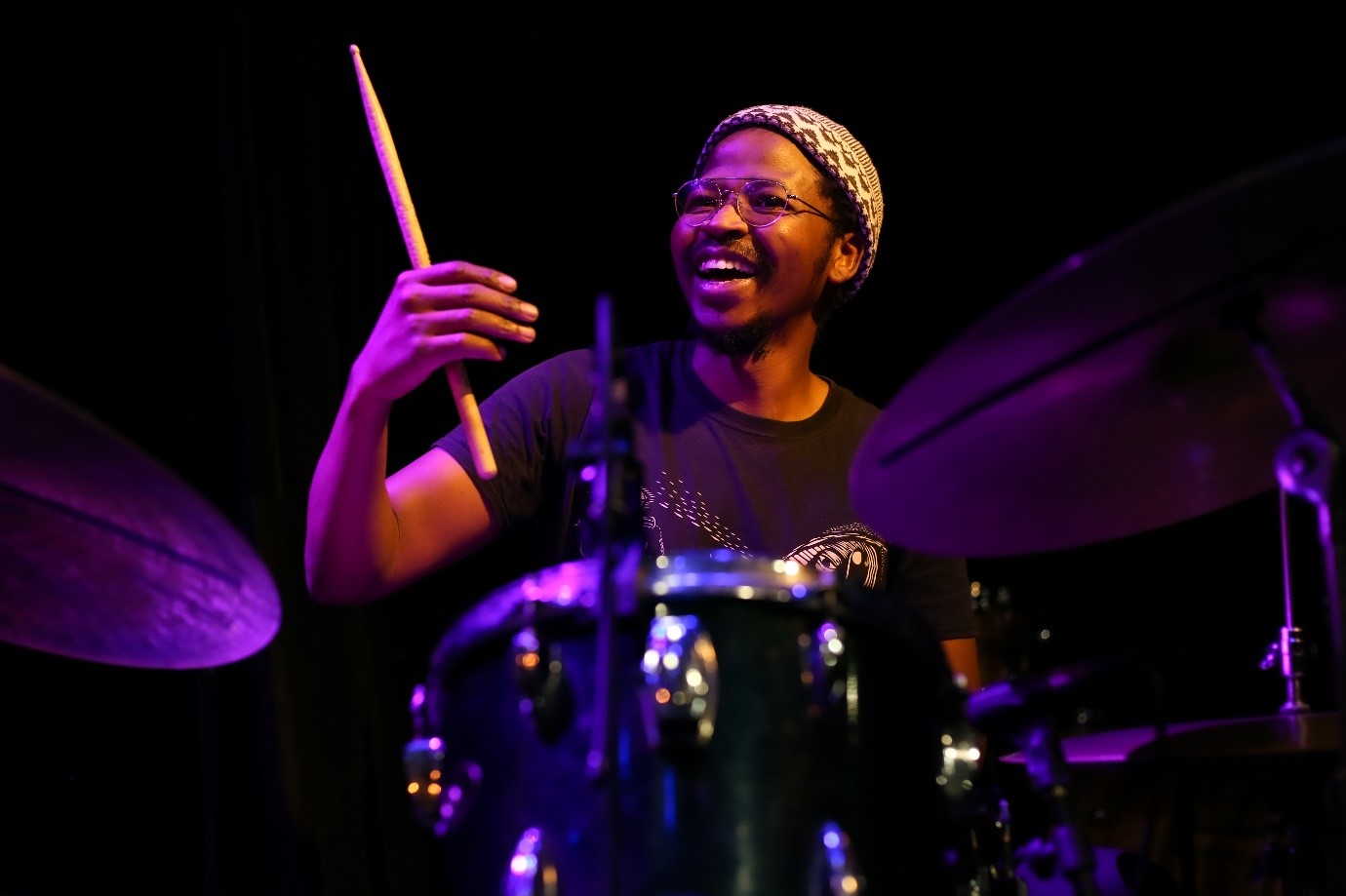As South Africa once again finds itself on the precipice ahead of the sixth election, race has once again become a major contentious point of politicking. The politics are two pronged. Blackness on one side and whiteness on the other. There is a strong lack of nuance and a popular singular notion of history dominates the narrative on election year or any other year for that matter.
From producer, Nhlangla Mthethwa, Ties That Bind, is a timely intervention on the national discourse and breaks open age old notions and theories about our history bare. Making use of a primary cast in a roundtable standoff, tolerance is the ethos although views expressed from those on the wrong side of South African history raise severe eyebrows. The carefully curated and strongly opinioned group comprises of Fasiha Hassan, Tebogo Keebine, Joshua Zecheus, Miranda Ntshangase, Tendaiishe Chitima and Renaldo Gouws.
Playing the mediator and instigator is award winning director, Keitumetse Qhali who helmed the story with authority yet remained sensitive to the subject matter. As a young contemporary South African it was important for her connect the world of the past with the world of the present. She does this expertly through her attention to detail, historical accuracy and her appreciation for today’s eclectic identity politics.
The three-part documentary series brings a fresh perspective on what is our generally accepted history in the ‘woke’ era. In the midst of these roundtable discussions there is even a suggestion that colonialism was a collaborative project; and how identifying as Black is not only a matter of pigmentation, as per Steve Biko’s definition.
In between the binary classifications that is South Africa’s racial obsession, the history of the Khoi, people of Indian descent, the so called “coloured” classification and white Africans are thoroughly explored.
The film operates from a premise of a united nation that is bound by ties that emanate from an ancestral standpoint. Much of what has been used to separate us and this film seeks to educate South Africans about history through empirical research and evidence. The major boon for the film is the DNA tests that the mixed race and gender table discussions undertake in order to determine their heritage. This yields surprising results.
Mthethwa continues on the interchangeability of the past and present in this film as has been his trajectory with previous films, The Negotiated Settlement, Children of War, and Mapungubwe. He brings his production and archival research nous to this project as well to form a full and well-rounded series that disrupts the dominant narrative. And as expected with a Mthethwa production you will see new archives that will take the viewer aback and aids in taking the story forward. As South Africans we think we know, but this film illustrates how little we know.
Additional interviews feature experts, researchers and historians which lends the program scientific and academic credibility. The learned offerings come from Patrick Mellet, Dr Ndukuyakhe Ndlovu, Professor Rajeshree Mahabeer, Professor Thomas Huffman, Chris Hendrik van Wyk, Ron Martin and Dali Tambo.
*Watch Ties That Bind this Sunday May 12 at 20:30 on SABC 2.


